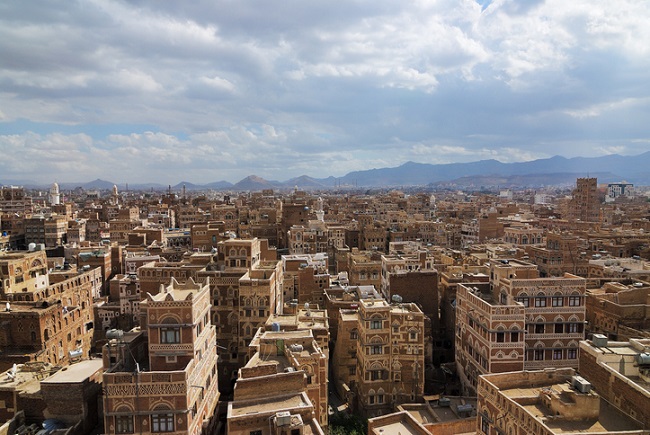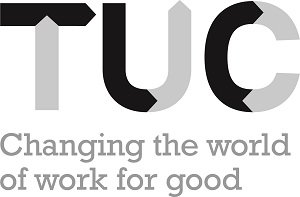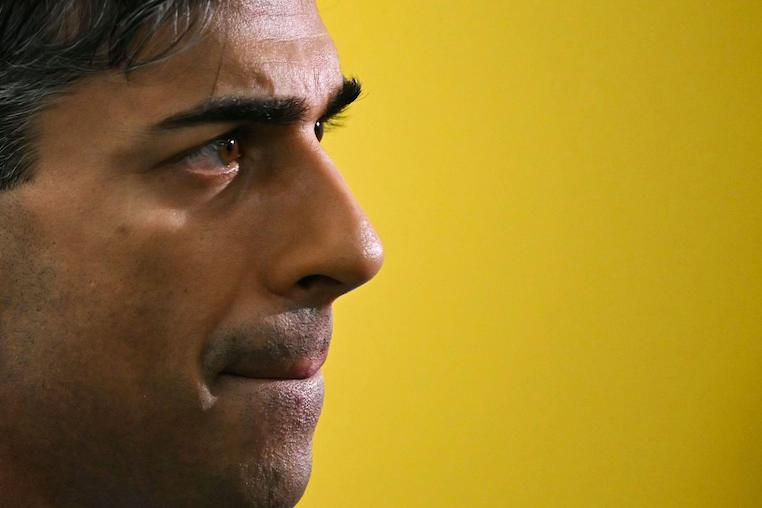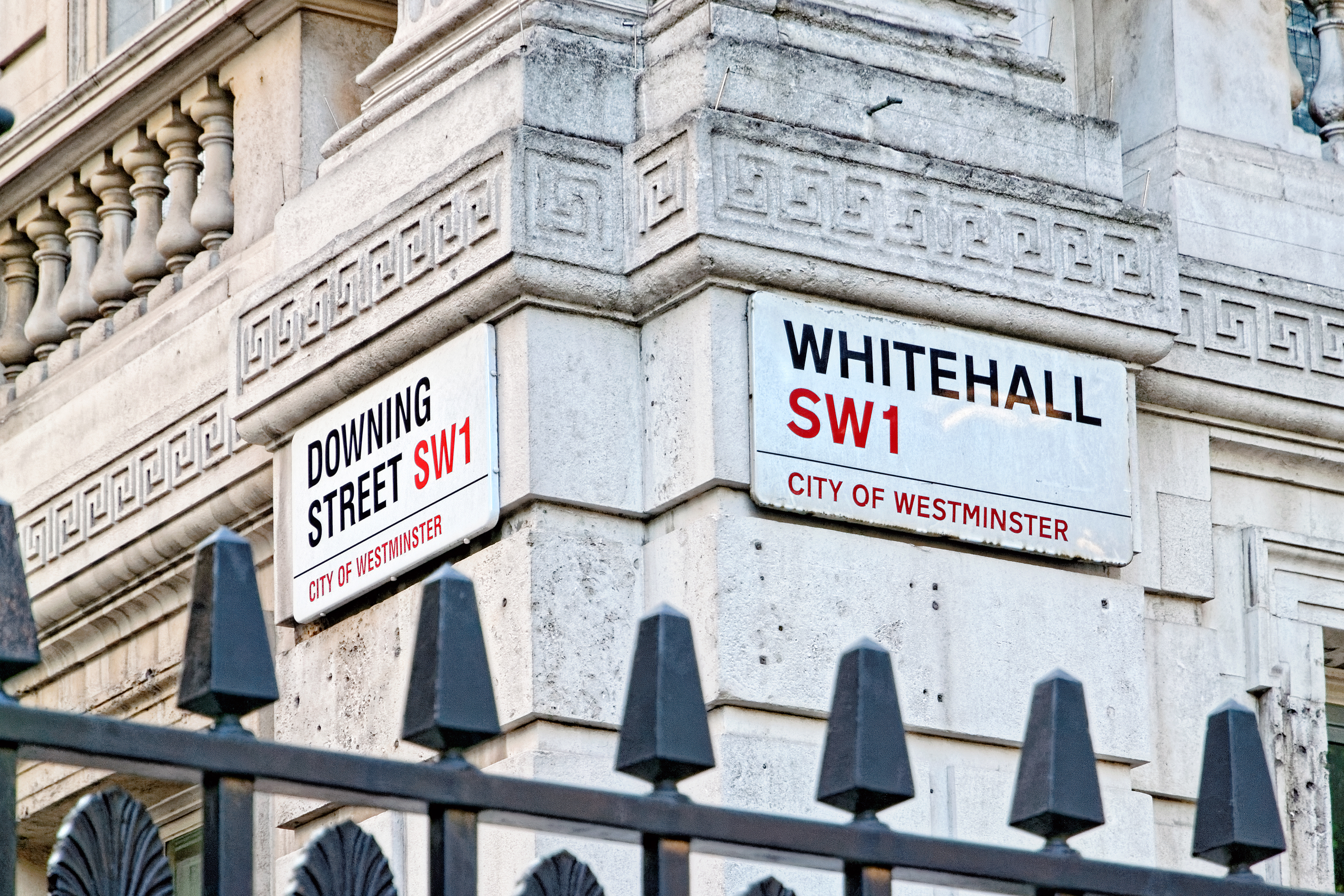Overview
One of the world’s poorest countries, Yemen has been the centre of a multi-sided civil war since 2014. The conflict escalated, when the Houthis, an Islamist political and armed movement, seized control of the west of the country and forced President Abdrabbuh Mansour Hadi to flee.
The UN have described Yemen as the ‘world’s worst humanitarian crisis’, with the country on the brink of humanitarian catastrophe.
In February 2021, the World Food Programme said that 16.2 million people in Yemen faced hunger. It forecasts the return of famine like conditions to the areas of Hajjah, Amran, and Al Jawf, which in 2021 was said to impact some 47,000 people.

Old city of Sanaa the capital of Yemen. View on the city from roof at sunrise
Why is there a war in Yemen?
The present civil war has its roots in a failed political transition following a 2011 Arab Spring uprising that forced Ali Abdullah Saleh, the then-President, to transfer his power to his deputy, Abdrabbuh Mansour Hadi.


As President, Abdrabbuh Mansour Hadi then faced a myriad of problems which he roundly struggled to solve. He faced attacks from Jihadists, a southern Yemen separatist movement, disloyal security personnel, and a range of domestic challenges inducing unemployment and food insecurity.
The Houthi movement, which fought a series of rebellions against the previous President Ali Abdullah Saleh, re-emerged in the wake of the new President Hadi’s weakness and took control of the Saada province and neighbouring areas. Many ordinary Yemenis, disillusioned with Hadi, supported the Houthis.
The Houthis also won the support of their former enemies, Yemen’s security forces, who were also unhappy with Hadi’s leadership. The Houthis and their allies threatened to take over the whole country. Hadi was forced to flee abroad in March 2015.
Surrounding Sunni Arab states, including Saudi Arabia, felt threatened by the rise of the Shiite Houthis who they believed to be backed militarily by regional Shia power Iran. Saudi Arabia and eight other mostly Sunni Arab states began an aerial campaign aimed at dislodging the Houthi forces, ending Iranian influence in Yemen, and restoring the government of Abdrabbuh Mansour Hadi.
At the beginning of the war, Saudi officials forecast that it would last only a few weeks, but it is still ongoing.
In March 2021, Saudi Arabian officials published a plan which called for a nationwide ceasefire under U.N. supervision and the reopening of air and sea links.
The world’s largest humanitarian crisis
As of March 2020, the United Nations has verified and confirmed the killing of 7,734 civilians, including 2,103 children, and injuries to 12,269 others due to indiscriminate attacks, landmines, improvised explosive devices, and the storage of weapons and explosives in residential areas. Other monitoring groups believe the death figure is much higher.
The US-based Armed Conflict Location and Event Data Project (ACLED) said that it had recorded more than 100,000 fatalities in 2019, including 12,000 civilians killed in direct attacks.
On top of this, thousands more civilians have died from preventable causes. The charity Save the Children estimated that 85,000 children might have died of malnutrition between April 2015 and October 2018.
According to analysis by UNICEF, nearly 2.3 million children under the age of five in Yemen are projected to suffer from severe acute malnutrition in 2021.
And with only half of the country’s 3,500 medical facilities fully functioning, almost 20 million people lack access to adequate healthcare. Almost 18 million do not have enough clean water or access to adequate sanitation.
British policy in Yemen
Critics of British policy, point to how the UK has made arms sales to the Saudi-led coalition which itself is accused of causing the majority of the deaths in Yemen.
In 2019, the UK announced it was stepping up its support in relation to the humanitarian needs of Yemen’s population. In war torn Yemen it was suggested that over a million people were at risk of starvation. It was announced that UK aid worth £200 million would be sent to the region. This announcement brought the total aid that the UK had committed, since the start of the four-year conflict in Yemen, to £770 million.
In 2021, at the UN Pledging event for the Humanitarian situation in Yemen, the Minister for the Middle East and North Africa, James Cleverly said that UK aid to Yemen in 2021/22 will be ‘at least £87 million’. This represented a notable reduction on that provided in previous years.
Controversies
A 2019 report by a UN panel of experts, states that individuals in the Saudi and UAE governments, as well as Houthi leaders, may be criminally liable for war crimes. The report also identified the UK as an arms-supplying state that might be legally responsible if standards for complicity are met.
Britain is the second largest exporter of weapons to the Saudi-led coalition. It has been suggested that some the U.K.’s leading defence companies have provided arms and services worth at least £15 billion to the kingdom since 2015.
In 2019, the UK’s Court of Appeal found that the UK government’s arms export policy towards Saudi Arabia was unlawful. At the time, a spokeswoman for Prime Minister Theresa May said the government was ‘disappointed’ and would be seeking permission to appeal against the judgment.
In his judgment, Master of the Rolls Sir Terence Etherton said the government ‘made no concluded assessments of whether the Saudi-led coalition had committed violations of international humanitarian law in the past, during the Yemen conflict, and made no attempt to do so’.
In September 2019, the government admitted to ‘inadvertently’ issuing licences for the export of weapons to the Saudi-led coalition that could have been used in Yemen.
Quotes
‘[The government’s actions are] completely at odds with the Government’s assertions that the UK should be a global leader, especially in the year with the G7 and COP presidencies’. – Sarah Champion MP, Chair of the International Development Committee, 2021
‘A nationwide ceasefire and action to ease humanitarian access restriction are essential. The Houthis must now match the steps toward peace and an end to the suffering of the Yemeni people’.
– Dominic Raab, UK Foreign Secretary, 2021










